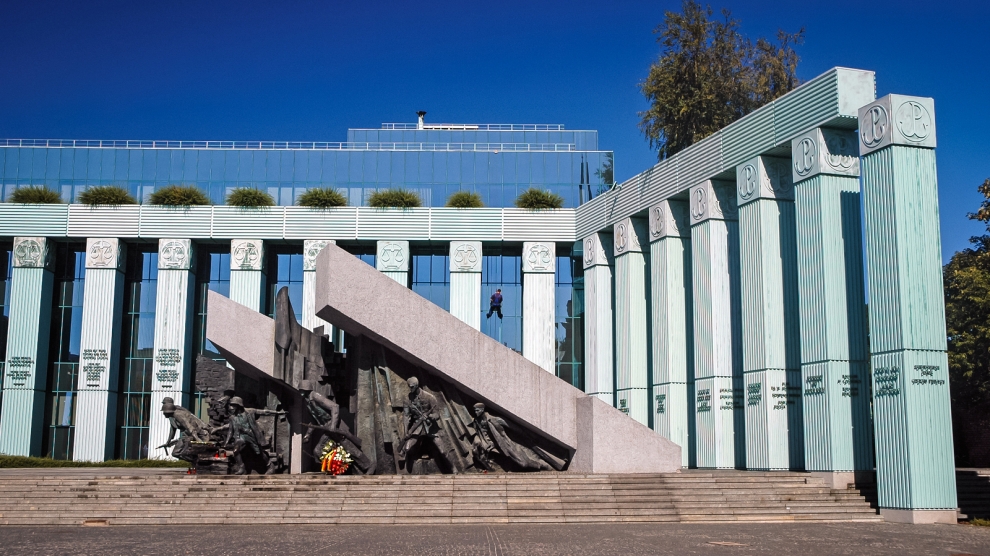A new legal battle has hit Poland, as the country’s parliament, the Sejm, is scheduled to release data regarding candidacies for the new National Council of the Judiciary (KRS), as ordered by the Supreme Administrative Court two weeks ago.
The data contains information about the judges who supported the list of candidates, including their surnames, places of adjudication and political affiliations. The disclosure of the information would reveal if KRS judges are related to Sejm officials or have other political ties.
The KRS, made up of 15 judges, will serve a four-year term at the Sejm. The judges were chosen by the ruling Law and Justice party (PiS) and the party from a list of just 18 candidates.
However, the Office for Personal Data Protection (UODO) has suspended the disclosure of the personal data, citing EU personal data protection law with which Poland is obliged to comply. The office’s president, Jan Nowak, is a long-time supporter and founding member of PiS, and a vocal advocate of not disclosing data about KRS judges.
The judges were chosen at the beginning of 2018, and many Polish citizens, as well as non-governmental agencies, are claiming that the data relating to them is public information.
The final decision as to whether or not the data is published will rest with Mr Nowak. The chancellery of the Sejm released a statement saying that it “will be waiting for the president of the Office for Personal Data Protection to issue a final decision on the admissibility of disclosing the personal data of the judges.”
The statement added that “the purpose of the proceedings before the president of the UODO is to clarify whether the disclosure of personal data of judges is in accordance with the law on personal data protection and European Union law protecting personal data to which Poland is obliged to comply.”
UODO was established in May 2018 as a way to ensure that General Data Protection Regulations (GDPR) were enforced in Poland, yet many view it as a convenient way to prevent government transparency.

